17 Things You Should Always Keep in Your Car
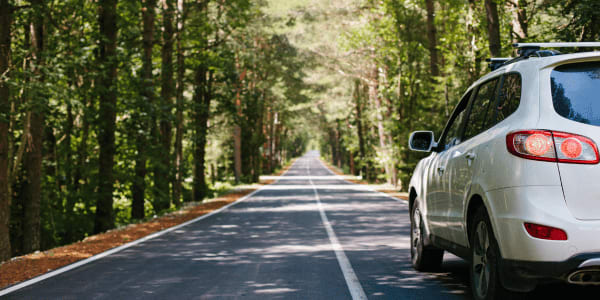
For many, cars are like a second home. Whether you’re commuting to work, running errands, or heading on a road trip, we’re driving a lot. That’s why it’s critical to think about what to keep in your car.
With U.S. drivers estimated to be on the road for more than 17,000 minutes each year, it’s important to keep car essentials for maintenance, safety, and convenience on hand. Read on for a list of car essentials every driver should have!
Car Essentials for Maintenance
It’s every driver’s worst nightmare: you’re stuck on the side of the highway with a broken-down car and none of the car supplies to get back up and running. But, have no fear! With the right tools in your vehicle, you’ll never have to worry about that nightmare becoming a reality. Here’s a list of maintenance must-haves for your car:
1. Spare Tire
Many cars already come with a spare tire. If you have one, confirm it’s in good condition and stored correctly (for most cars, that will be in your trunk). If you don’t, include a compressor or sealant kit to temporarily fix a flat in your car essentials kit.
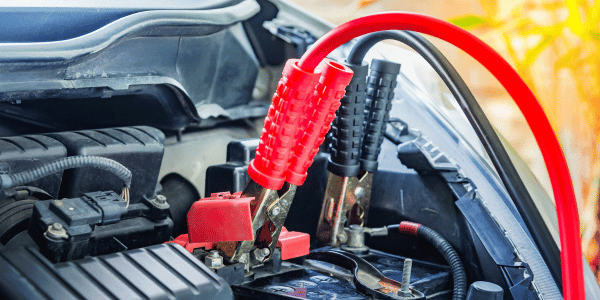
2. Jumper Cables
A car battery usually lasts about three years. In the event yours goes out and your car won’t start, jumper cables let you connect to another car’s working battery, allowing it to power up your vehicle and get you going.
3. Tire Inflator
If you don’t have a spare or just need a boost of air, this tool, found at your local auto parts or hardware store, will inflate tires in no time.
4. Oil or Lubricant
Are your headlights dull? Did your car get dirty from grease or grime? Are your doors not closing as smoothly as they used to? A lubricant like WD-40 can tackle all of that and more.
5. Duct Tape
Think of duct tape like your car’s bandages. In an emergency, it can be used to temporarily patch cracked windows or hold loose parts until the car can be properly fixed.
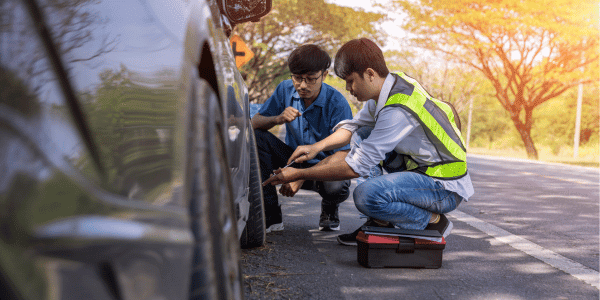
6. Roadside Assistance Information
When you’re stuck or need help, you’ll want roadside assistance contact information to get in touch with professionals quickly.
Car Essentials for Safety
Accidents happen (about 6 million per year in the U.S., to be more exact), so being prepared is vital. Here’s your car safety checklist and all the car safety gear you need:
7. First Aid Kit
Just as important on the road as at home, having a first aid kit for your car will help you treat injuries on the go. Here’s what should be in a car first aid kit:
- Bandages
- Gauze
- Medication for pain relief, allergies, motion sickness, etc.
- Alcohol wipes
- Gloves
- Tweezers
- Topical antibiotic or antibiotic spray
8. Flashlight with Extra Batteries
You’ll need more than a phone light when having car troubles at night. Use a flashlight to check under the hood after dark or during bad weather.
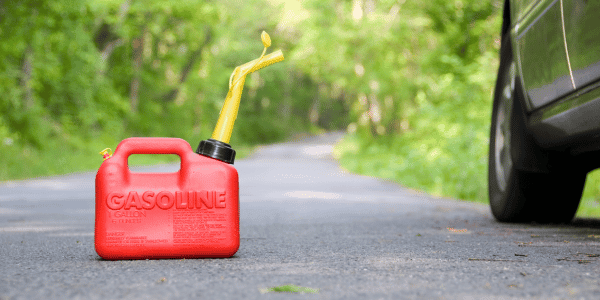
9. Gas Can
One of the best things to store in your car, a gas can is a practical item that people often forget. However, having it on hand means there’s one less worry when you run out of gas.
10. Flares
Emergency flares signal distress or alert drivers to a disabled vehicle or car accident. Carry them with your spare or under your seat so you can easily get to them when hazards arise.
11. Tool Kit
Consider getting a basic tool kit that won’t take up too much space in your car but still contains all the tools for repairs. Your car tool kit should have:
- Measuring tape
- Pliers
- Screwdriver
- Pry tool
- Wire-cutters
- Wrench
- Drive sockets
12. Blanket
A simple blanket provides many safety benefits. If stranded in the cold, it can help warm you up. In hot weather, it can provide shade. Reflective emergency blankets may also be used to signal for help from air traffic.
Car Essentials for Convenience
With the right essentials at arm's reach, cruising can be more of a pleasant experience for both the driver and passengers. Here’s what to keep in your car for your convenience:
13. Cleaning Supplies
You’re bound to spill drinks and snacks and bring in dirt and mud from the outside. Keep car cleaning supplies ready to address stains before they settle in, including:
- Microfiber towels
- Sanitizing wipes
- Carpet cleaner
- Glass cleaner
- Mini vacuum
- Small trash bag
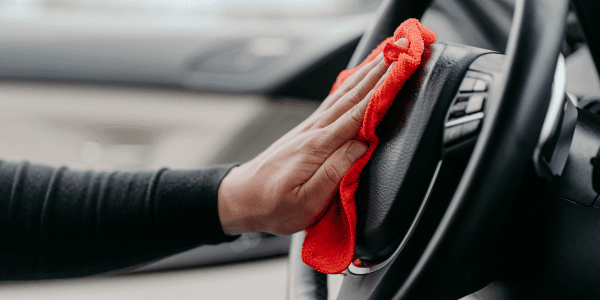
14. Food and Water
Water and non-perishable snacks are good to have if you end up stuck and far away from food. You might even use your emergency blanket for a makeshift picnic.
15. Phone Charger for Your Car
All too often, our phones are running low on juice. With a phone charger for your car, you’re not only able to call for help in an emergency, but you can also stay connected to your loved ones, your favorite podcasts, and your GPS at all times.
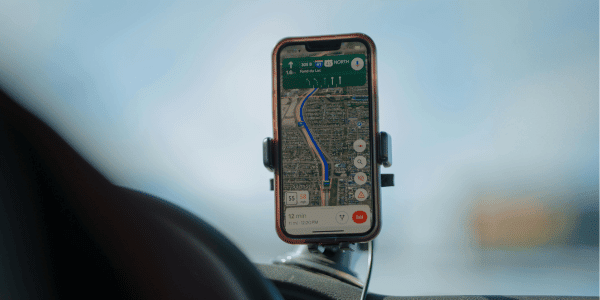
16. Insurance Information
Even with your phone charged, service isn’t always great, and you don’t want to be disconnected when another driver or a police officer asks for proof of insurance. Make sure you have a paper copy in your glove compartment.
17. Extra Clothes
You never know what spills or stains will get on your clothes while driving. Having a spare outfit, especially on longer trips, is a good idea.
Customizing Your Car Essentials
Want to go the extra mile? Customize your car essentials list and include these items for each season:
- Winter: Ice scraper, small shovel, blankets, gloves
- Spring: Allergy medicine, bug spray
- Summer: Sunscreen, water
- Fall: Washer fluid, light jacket
And here’s what you should pack depending on who's in the car:
- New drivers: Portable battery charger, jumper cables, car manual, repair info
- Drivers with kids: Extra clothes, diapers, toys, books, first aid, snacks, medications
- Drivers with pets: Treats, medication, leash, collar with ID
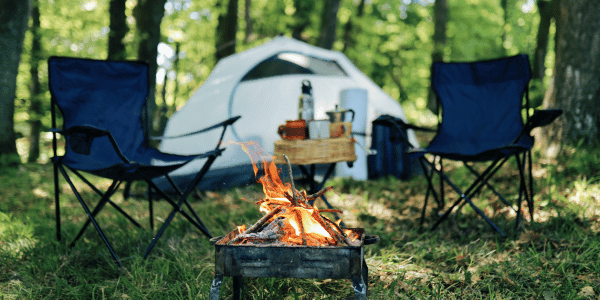
Car Essentials for Camping
Now you have a list of car essentials for everyday driving, but what about special occasions, like a camping trip? You’ll need to tweak a few things to be fully prepared to drive into the great outdoors. For a guide on the clothes, food, and cleaning items to pack, check out our “Everything You Need to Bring on a Summer Camping Trip” checklist. It has over 100 items that are required for your next adventure.